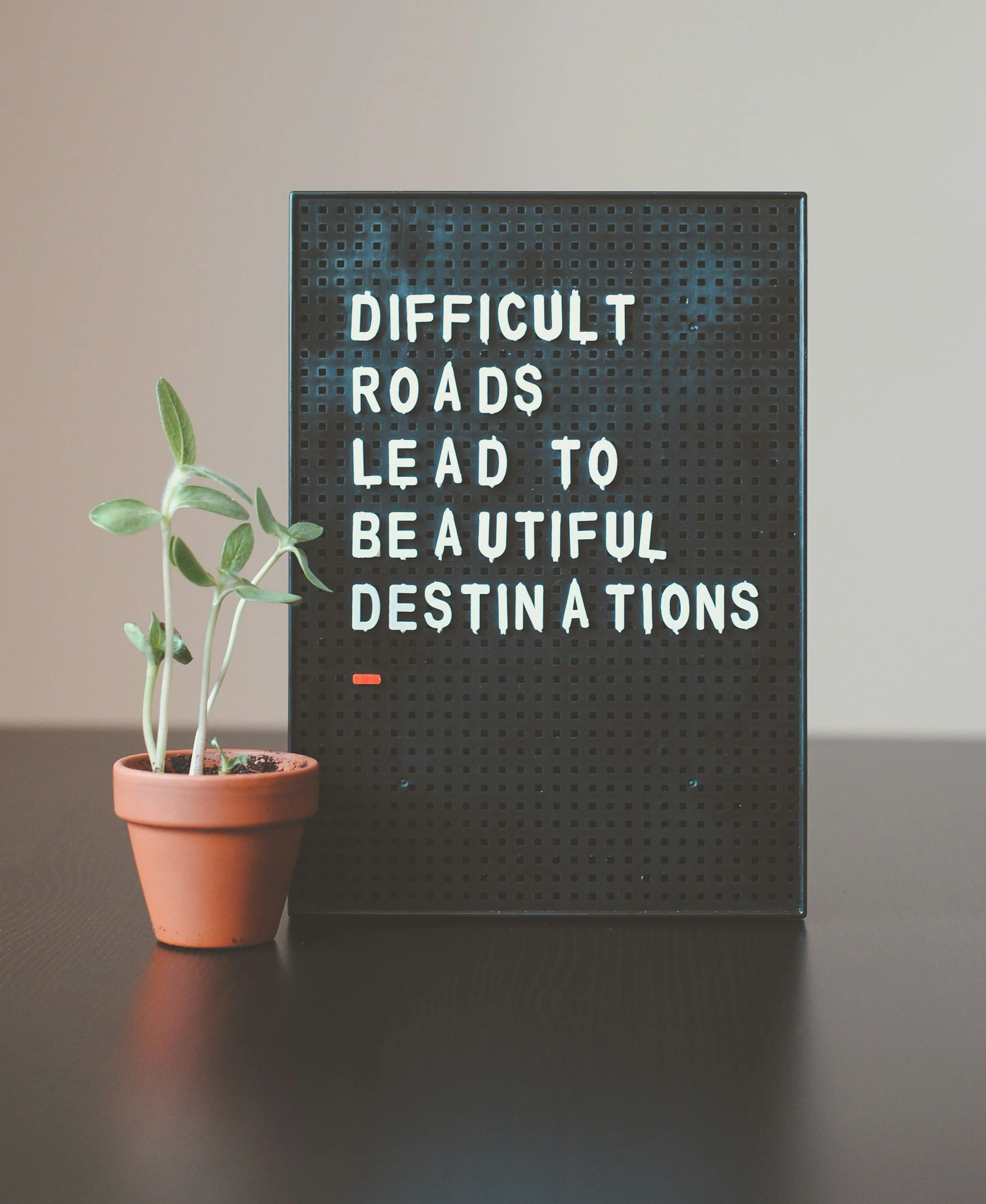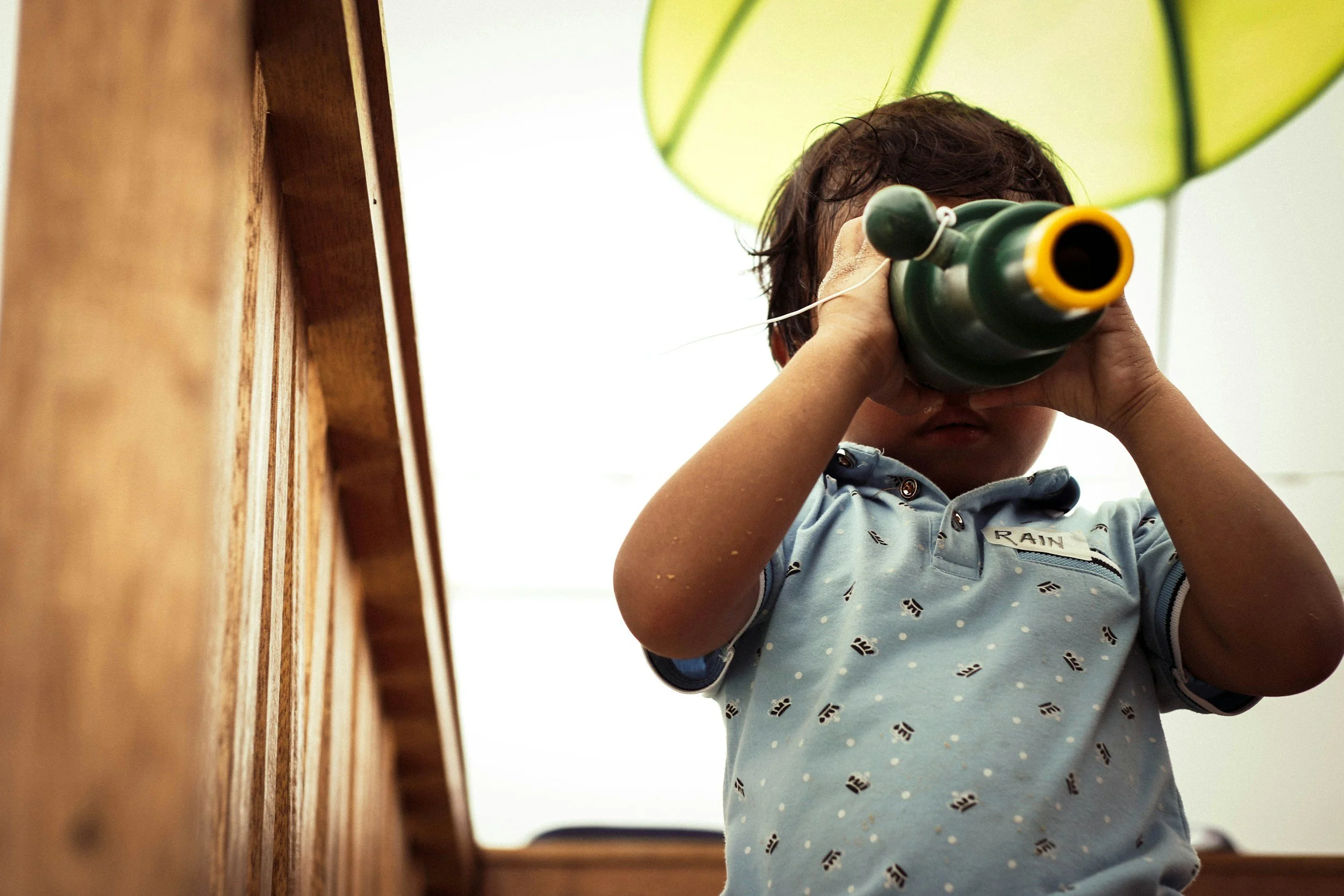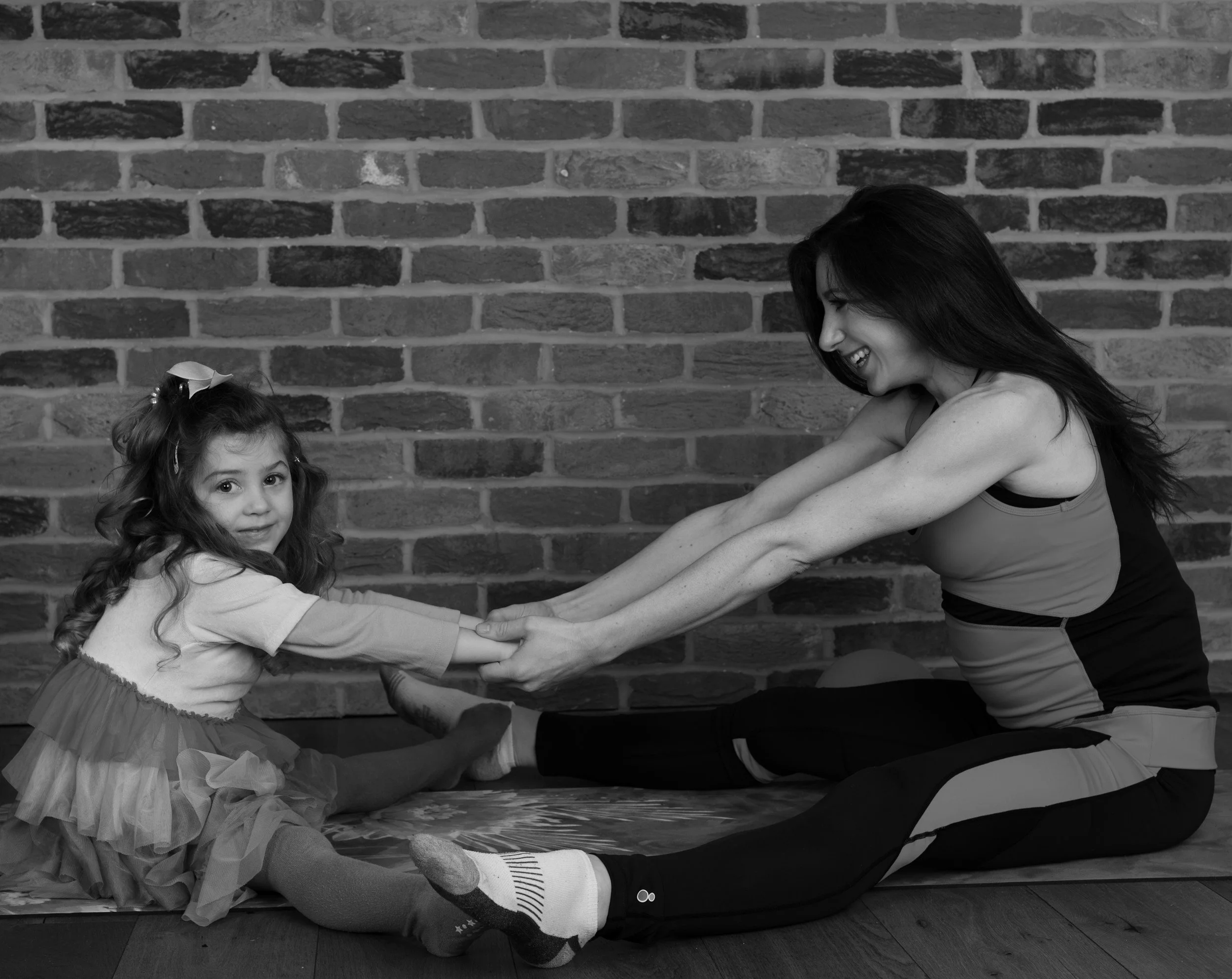PERFORMANCE TIP — Don’t Give Up Too Soon
In the performing arts world, it’s easy to compare yourself to others. You might see someone in your class who learns choreography instantly, memorises lines after one read, or hits vocal runs as if they were born doing it. Meanwhile, you might need extra time to learn the same material.
WELLBEING — Finding and Remembering Your “Why”
Life as a performer—and as a human—is full of highs, lows, and moments of doubt. The rush of auditions, rehearsals, and deadlines can make you lose sight of what really matters. That’s where your “why” comes in: your purpose, your guiding star, the reason you get up and keep going even when things feel hard. Having a clear purpose is vital for mental health. It reduces stress and anxiety, builds resilience, and gives direction. By knowing your values, setting goals, and engaging in meaningful activities, you can stay grounded, motivated, and more satisfied in life.
WELLBEING — Caring for your Voice
Your voice is one of your most valuable instruments, and like any instrument, it needs care to last the distance. Many young performers push too hard without realising the long-term impact – which can lead to strain, fatigue, or even nodules.
PERFORMANCE TIP — Your Brand and Social Media Presence
In today’s industry, your brand is more than what you do on stage or screen – it’s also how you present yourself online. Casting directors, agents, and producers often look at social media before making decisions, so your digital presence can either work for you or against you.
WELLBEING — Gratitude in Motion
When you think of a warm-up, you probably picture stretches, cardio bursts, and maybe a few vocal or breathing exercises. These are all essential—but there’s one warm-up many performers forget: warming up your mindset. At NAPA, we believe a strong mental state is just as vital as strong muscles. The way you step into rehearsal or onto the stage has everything to do with the energy you carry. That’s why we encourage a simple but powerful practice we call Gratitude in Motion.
PERFORMANCE TIP — Storytelling through Dance
At NAPA, we believe dance is far more than a sequence of steps and polished technique—it’s a living, breathing art form that tells a story without a single spoken word. When a dancer layers character, intention, and emotion over their technique, movement transforms into something magnetic. It’s the kind of performance that lingers in the audience’s mind and heart long after the curtain has closed. This, after all, is what performance and art are truly about—connection, transformation, and shared human experience.
WELLBEING — Let Curiosity Lead, Not Pressure: Exploring your identity as a performer without the weight of expectation
In the world of performing arts, especially when you’re young, it’s easy to feel the pressure to have it all figured out — to know your "type," master your craft, and start building your brand. You might feel like you need to be exceptional now, to stand out, to have a perfectly curated résumé before you’re even sure who you are.
PERFORMANCE TIP — Talent Gets You in the Room—Kindness Keeps You There
In the world of performing arts, talent is your ticket in. Your skill, your presence, your artistry—they’ll get you noticed. They’ll land you the audition, the callback, maybe even the job. But talent alone isn’t what keeps you working. What truly sustains a career in this industry is who you are when the spotlight isn’t on you.
PERFORMANCE TIP — Be the Artist Who Reaches Back
In the performing arts world, we’re often told to keep pushing forward — to train harder, chase the next role, perfect the next routine, and keep our eyes firmly on our goals. And while that drive is a big part of becoming a successful performer, it’s just as important to take moments to slow down, look around, and look back.
WELLBEING — Redefining Success in the Performing Arts
In the performing arts industry, success is often portrayed as landing the lead role, booking a big job, getting representation, or going viral. And while these are incredible milestones, they’re not the only ways to measure success — and they may not be the right benchmarks for you.
PERFORMANCE TIP — Rehearse the Moments Between the Lines
As performers, it's easy to focus on memorising lines — making sure every word is delivered perfectly. But true acting doesn’t live in the words alone — it lives in the space around them.
The pauses.
The thoughts.
The emotional shifts.
The reactions.
WELLBEING — Feel it to Heal it — Emotional Check-ins for Performers
As performers, we spend a lot of time embodying other characters’ emotions — joy, heartbreak, rage, wonder — but how often do we pause to check in with our own feelings? This week’s wellbeing focus is all about emotional self-awareness — learning to recognise what’s going on inside you so you can stay grounded, focused, and emotionally healthy on and off the stage.
PERFORMANCE TIP — Balance Your Holidays—Stay performance-ready AND live a little
School holidays are the perfect time to rest, recharge, and reconnect with the world outside the stage lights — but that doesn’t mean letting your skills go cold. The best performers know how to stay show-fit and soak up real-life experiences that make their acting, dancing, and singing more truthful and rich. Here are some ideas to help you make the most of your break:
WELLBEING — The Art of Journalling and the Importance for a Performer’s Mental Health
As a young performer, your world is full of movement, music, emotions, expectations, and constant feedback. You’re asked to give so much of yourself — to be expressive, adaptable, disciplined, and brave. But amidst all the rehearsals, classes, auditions and performances, it’s easy to lose track of how you’re feeling, off-stage. That’s where journalling becomes a powerful wellbeing tool.
PERFORMANCE TIP — “I Didn’t Get The Part … Now What?”: navigating the space between auditions with confidence and purpose
Rejection is part of every performer’s journey—no matter how successful they are today. Even professionals and Hollywood superstars face it regularly. Not getting the part doesn’t mean you aren’t talented, capable, or worthy of a career in the arts. It just means that this particular role wasn’t the right fit at this particular time. And that’s okay.
WELLBEING — Protect You Sleep, Protect Your Spark: why quality rest is essential for young performers’ mental health and creative success
As a performer, your body is your instrument—but your mind is what drives your expression, your passion, and your presence. That’s why one of the most underrated but powerful things you can do for your wellbeing and your craft is to get enough quality sleep.
WELLBEING — You Only Get One Childhood—Don’t Miss it for the Spotlight
In the world of performing arts, starting young can feel like a necessity. From dance classes to vocal training, acting workshops to early auditions — many children begin building their skills before they even hit double digits. And yes, there is real value in that. Early training helps young performers develop discipline, confidence, and technical excellence. It lays a solid foundation for future success, and may even provide incredible professional opportunities within your childhood.
PERFORMANCE TIP — Become a People-Watcher: Observation is your Superpower
One of the most powerful tools an actor or performer can develop isn’t found in a script — it’s found in everyday life. Great characters don’t just come from imagination; they come from observation. Watching people closely — how they move, how they react, how they speak — is how you turn a character from words on a page into a living, breathing person.
WELLBEING — Staying Grounded: The Importance of Discernment and Self Worth in the Performing Arts
It’s natural to look up to mentors, teachers, industry professionals, or talented peers—but it’s important to be cautious about idolising them. Putting others on a pedestal can blur the line between healthy admiration and idealisation. This often leads to unrealistic expectations, disappointment, or feelings of inadequacy when their flaws or limitations inevitably appear. No matter how successful someone is, they are still human—with their own struggles, insecurities, and mistakes.
PERFORMANCE TIP — Fuel Your Instrument with Respect and Balance
In the performing arts, your body is more than just your physical presence—it's your instrument. Whether you're dancing, acting, singing, or doing all three, your body’s health, energy, and resilience are essential to your success. One of the most powerful ways to care for that instrument is through the way you fuel it: with food.




















